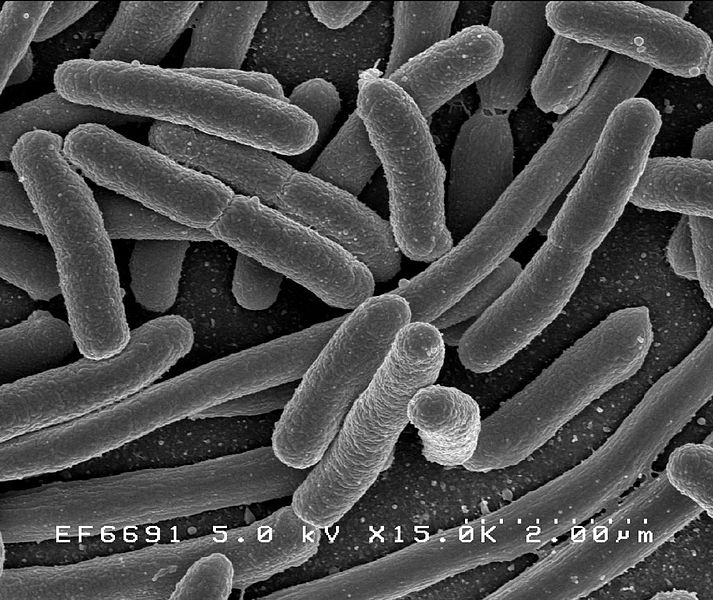Scientists have identified the mechanism of collective memory in populations of microorganisms

Microbiologists from the Swiss Institute of Water Sciences and Technology and the Swiss Higher Technical School of Zurich, during experiments on bacteria, revealed an effect that can be described as the “collective memory” of bacteria. The population of microorganisms responds to environmental changes, taking into account the previously acquired "experience".
It is known that bacteria have the rudiments of "memory ", with the help of which they can compare the intensities of external stimuli and change or maintain the direction of movement. This phenomenon is called chemotaxis - a motor reaction caused by external stimuli. Scientists have recently studied in detail the structure through which “decision-making” takes place depending on external stimuli.
')
But the memory of individual cells is fleeting. In experiments to test the memory of the bacteria Caulobacter crescentus, scientists added salt to the water. Sometimes its content in water was gradually increased, sometimes it was immediately made larger. Those bacteria, which were given a "salt warning", subsequently survived better. But the memory of an increase in the salinity of water in individual cells disappeared within 30 minutes.
During the experiments, it turned out that a large population of bacteria survives better even after two hours have passed since the “warning”. The life cycles of individual cells are synchronized due to delays in division caused by increased salinity of the environment. The probability of survival of a bacterium depends on what stage its life cycle is at the moment salt is added to the water.
It also turned out that populations previously exposed to salt may be affected both weaker and stronger than those populations that were not “trained” to increase the salinity of the water.
Thanks to the research, scientists hope to better understand the principles of controlling microbial populations — in particular, how pathogens resist antibiotics, or how to manage the vital activity of microorganisms used for industrial purposes.
Source: https://habr.com/ru/post/371905/
All Articles